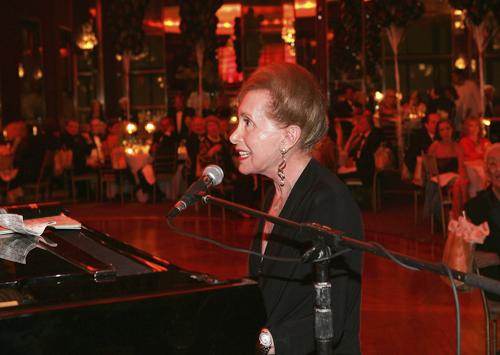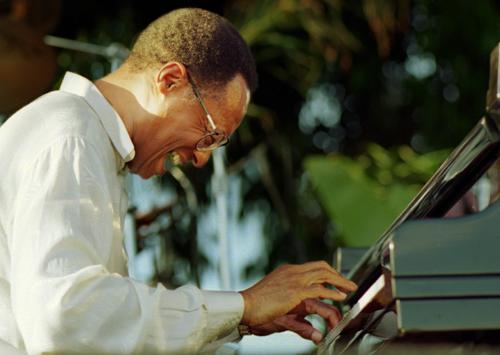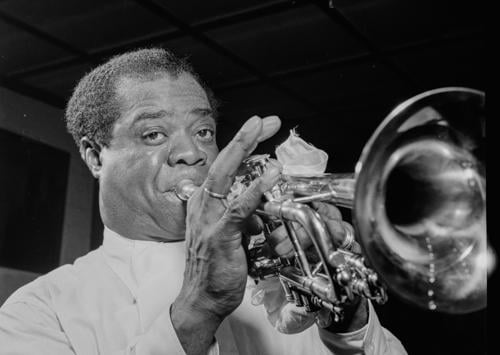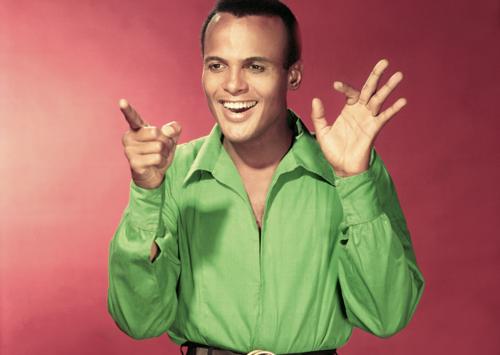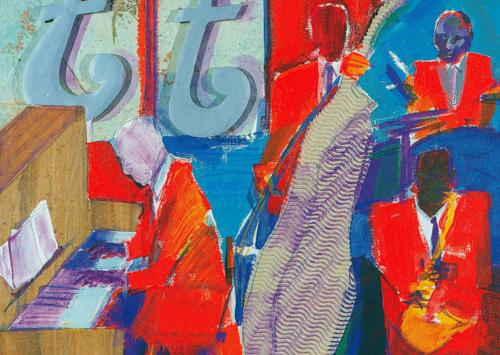Listen to New Voices on Studs Terkel our partnership with 826CHI-here! Read the Story
Showing 1 - 15 of 19 results
-
Terkel comments and presents musical performance of Buck Clayton
Jan. 25, 1978 Musical performance of Buck Clayton, includes interview by Studs Terkel.
-
Terkel comments and presents musical performance of Barbara Carroll
Mar. 9, 1977 Presenting music with jazz pianist Barbara Carroll.
-
Studs comments and presents a concert at the Fairmont Hotel with Ramsey Lewis
Dec. 18, 1989 Presenting a concert at the Fairmont Hotel with jazz pianist, composer and radio host Ramsey Lewis.
-
Richard Wang discusses Charles Mingus' "Epitaph"
Aug. 23, 1990 Jazz scholar and historian Richard Wang discusses Charles Mingus' "Epitaph", a 4,237 measure-long composition. Wang discusses Mingus’ upbringing and how he was trained on the trombone originally. Throughout the interview, performances of the Epitaph are played and Wang notes in the composition where listeners can hear Mingus’ classical training, as well as where other classical musicians, such as Duke Ellington and Claude Debussy, most likely were referenced as inspiration in the composition.
-
Red Saunders discusses jazz music and jazz musicians
Mar. 16, 1978 Red Saunders discusses jazz music and jazz musicians.
-
Max Morath discusses his career and jazz music
Jun. 18, 1970 Max Morath discusses his career, jazz music, and history.
-
Louis Armstrong discusses music
Jun. 24, 1962 In a nightclub in Chicago, at two in the morning and after a performance, Louis Armstrong talks about his music stylings. Notes are good to learn the tune, says Armstrong, but it's all about the phrasing. Armstrong explained, it's up to you to express yourself. Armstrong shared the one piece of advice that had always stuck with him. King Oliver told Armstrong not to worry about the notes but rather to put some lead into the song.
-
John Hammond and John McDonough discuss music
1970 Music producer John Hammond and jazz critic for Down Beat magazine John McDonough discuss: Hammond's career; the artists he worked with; the artists he was the first to sign; social reform; and more. The following musical excerpts are played: "7 Come 11"; "Sauce"; "Talking Union"; "Blowing In the Wind"; "Today I Sing The Blues"; and "Live Embers".
-
Henry Threadgill, Fred Hopkins, and Steve McCall discuss their trio jazz group, Air
Sep. 4, 1981 Studs interview of Air jazz trio with Henry Threadgill - reeds, Fred Hopkins - bass, and Steve McCall - percussion. They discuss their individual careers and the people who have influenced them. Studs quoted Nelson Algren. Studs explores the evolution of their music and how the three came together. They discuss various pieces of their music and the instruments they use. Pauses were taken for musical numbers but none were played on this recording.
-
Harry Belafonte discusses jazz and folk music ; part 2
Jan. 6, 1955 The conversation continues with Belafonte talking about his album, "Belafonte Sings of the Caribbean". The songs, explained Belafonte, were both reflections of his childhood and things he was exposed to as an adult. Belafonte believed both Louis Armstrong and Jack Teagarden played important roles in jazz music.
-
Harry Belafonte discusses jazz and folk music ; part 1
Jan. 6, 1955 Singer Harry Belafonte discusses Black music including spirituals and jazz and how it has contributed to American culture.
-
Discussing the book "Jazz Piano: History and Development" with Billy Taylor
Nov. 16, 1982 Studs Terkel and Billy Taylor discuss the book "Jazz Piano: History and Development". They discuss jazz musicians and the history of jazz music. Includes excerpts of drums, piano, and orchestra playing in the background.
-
Dempsey Travis discusses jazz artists and recalls his early memories of Chicago jazz
Feb. 1, 1989 Dempsey Travis presents a jazz program and discusses the life, the music, and the community of Chicago jazz from before The Great Depression until World War II. Travis discusses 1920s-1930s Chicago for Black families including rent parties, breakfast dances, employment opportunities, union strikes, and jazz.
-
Billy Taylor discusses the people and music that influenced his career as a jazz composer and pianist
Aug. 24, 1977 Studs interviews Billy Taylor about his performance at the Rick's Cafe at the Holiday Inn in Chicago. They discuss what has influenced Billy Taylor's jazz music. Taylor explains some of his work with various other jazz musicians. This edited version does not include the music recordings.



